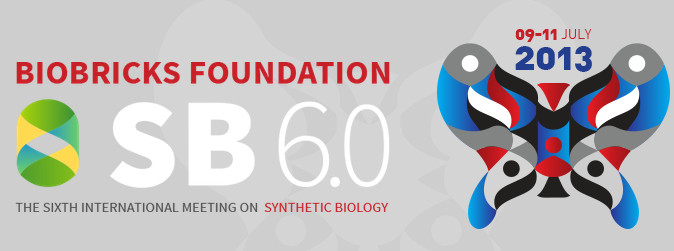International team will synthesise genome of brewer’s yeast with a view to creating strains that make biofuel, vaccines and drugs
Britain’s latest bid to embrace the futuristic science of synthetic biology will be revealed by the government on Thursday when it announces plans to make new strains of brewer’s yeast.
Researchers will receive nearly £1m to create a synthetic chromosome for the single-celled organism that since Neolithic times has been exploited for its ability to turn sugar into alcohol.
The scientists are joining an international effort to build the world’s first synthetic yeast genome from scratch, using groundbreaking techniques that are set to transform the field of biology.
Experts from Britain, the US, China and India aim to make synthetic versions of all of the organism’s 16 chromosomes by 2017, and incorporate them into living cells a year later.
Once they have made all of the genetic parts of the yeast they hope to press ahead with designing new strains that churn out useful substances such as industrial chemicals, vaccines and biofuels.
Though practical applications are some way off, the painstaking work to recreate the organism’s genetic machinery will give scientists vital insights into the molecular biology of life.
David Willetts, the science minister, is expected to announce UK backing for the project at a synthetic biology conference at Imperial College London on Thursday.
“Using engineering techniques to construct or recreate genes is a technology that could massively improve human wellbeing. It could feed us, fuel us and heal us,” Willetts told the Guardian. “You transform the output of your agriculture, make much more environmentally friendly forms of energy, and use it for tackling diseases.
“It’s early stages, but Britain has a strong presence in this, and these technologies are already being used.”
Brewer’s yeast, or Saccharomyces cerevisiae, has more than 6,000 genes, a third of which are similar to genes found in humans. The UK team from Imperial College, Edinburgh and Cambridge universities will focus their efforts on chromosome 11.
If the team achieves its goal, this will be the first time scientists have built the whole genome of a “eukaryotic” organism – one that stores its DNA in a nucleus. Plants and animals are eukaryotes, whereas bacteria – which lack nuclei – are known as prokaryotes.
In 2010, a team led by Craig Venter, the pioneering US geneticist, reported that they had built the first synthetic genome of a bacterium. Many scientists saw the work as a major step forward for synthetic biology, but critics, including some religious groups, accused the team of “playing God”. The organism, Mycoplasma mycoides, causes mastitis in goats.
Paul Freemont, who will co-lead the UK arm of the project at the Centre for Synthetic Biology and Innovation at Imperial College, said building synthetic yeast was “a massive leap forward” compared with Venter’s work.
Speaking to journalists in London, he added that the project was not a step towards making human chromosomes. “We’re not wild west cowboys. It’s not going to happen,” he said.
Willetts warned that fears over the potential risks of synthetic biology could harm progress in a field that the government is banking on to help reinvigorate the economy. The chancellor has listed synthetic biology as one of “eight great technologies” singled out for extra UK investment.
Funding for the yeast project is part of a £60m package for synthetic biology that Willetts will announce. The rest will pay for DNA synthesis facilities and new centres that boost research and help scientists turn their discoveries into products.
“Europe cannot become a museum of 20th century technologies,” he said. “There isn’t an ‘Amish folk option’ where you can stick with it and just accept that America and China are going to do all these future technologies. Are we just going to be on the receiving end of technologies developed elsewhere, or do we want our scientists to be up there and helping to shape them?”
Jef Boeke, who is the overall head of the project at Johns Hopkins Medical School in Baltimore, said it could lead to the development of synthetic yeast strains that can survive in high alcohol concentrations, paving the way for the manufacture of bioethanol and other green fuels. Other designer strains could be used to produce vaccines, such as one against hepatitis B, and drugs, including the antimalarial artemisinin.
But he said “the real payoff” was the fresh understanding of biology the project would bring.
Story Source:
The above story is reprinted from materials provided by Guardian UK.





